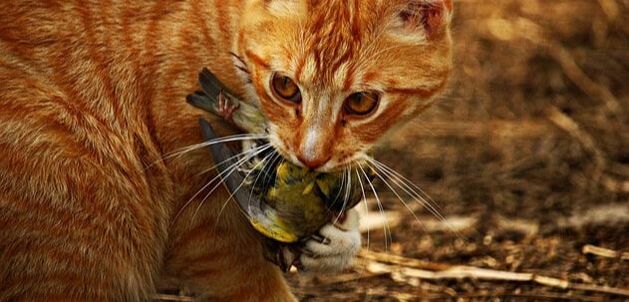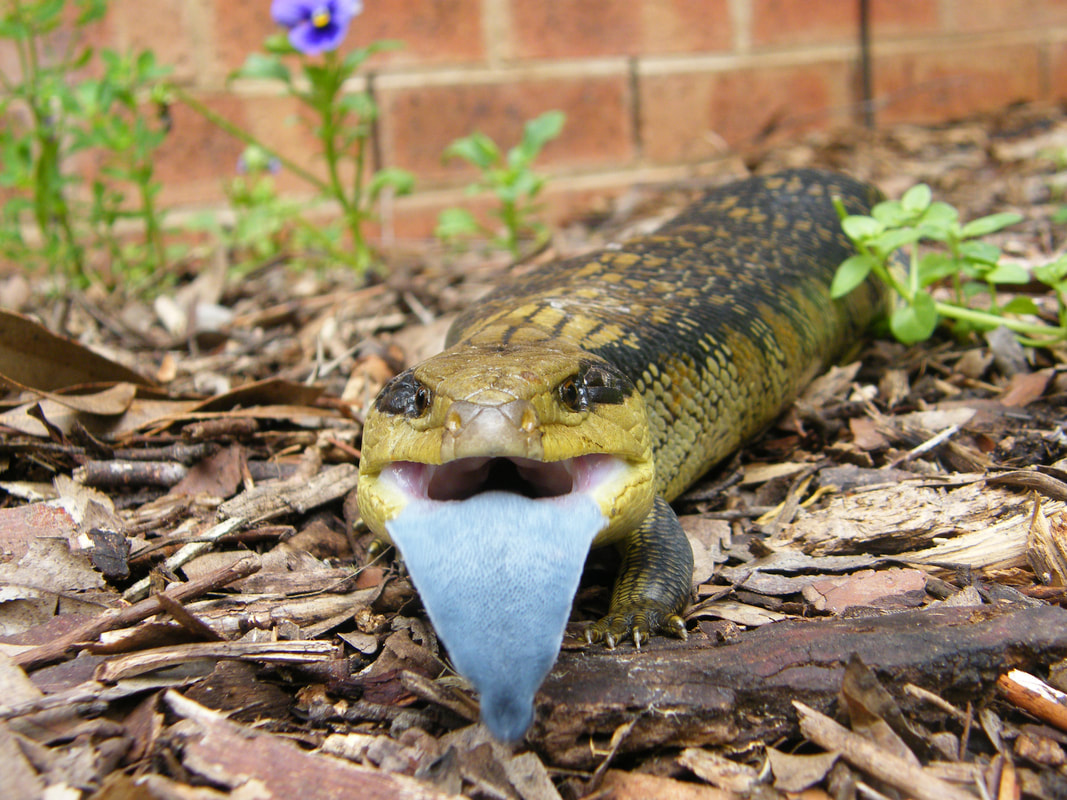|
FOUND INJURED WILDLIFE?
Please stop and check...
DON'T FEED WILDLIFE
Wildlife Rescue South Coast asks you not to feed wildlife. Feeding birds from feeding stations can spread diseases, and the wrong food (such as feeding mince to magpies) can be harmful. In situations where people have been harmed by kangaroos, the animals involved are often those that have been fed by well-meaning members of the public. The kangaroos lose their fear of people and are more likely to become aggressive if they feel threatened, or if the mob has recently been stressed. |
LOCAL WILDLIFE GROUPS You can become a member, or donate (money or goods). Wildlife rescue groups can always do with additional facilities such as cages, aquariums, pet-carriers, natural foods such as mice, insects and earthworms. If you would like to become a member of Wildlife Rescue South Coast, click here PETS
If you have cats or dogs, ensure they are under control at all times. Dogs should never be allowed to roam parks or bushland unsupervised. Cats can be destructive to native fauna, and should be kept in at night, when they can do the most damage. Never dump unwanted pets. It is cruel to the pets, and disastrous to the local fauna. Don't keep Australian wildlife as pets. Some native fauna are legally available through pet shops, but most are protected. It is illegal to capture or keep 'wild' native animals without a permit from the National Parks & Wildlife Service. Some species will not survive in captivity, and may die of shock. Others have specific diets. Some birds will not be accepted back into the wild if they have been in captivity for more than a few weeks, and may be attacked and killed by their own kind.
|
WILDLIFE IN YOUR GARDEN If you plant native trees and bushes native to your local area - you will attract native birds and wildlife which feed on them. lace water bowls around the garden, high enough to be safe from cats, and keep them full of water. You can erect nest boxes for possums and place rocks around for lizards to hide under.
WATCH OUT ON THE ROAD Stay alert for wildlife on the roads, especially at dusk and dawn. Many Australian native mammals are nocturnal and some forage near the roadside at dusk and dawn. Just being aware of this while driving, and maybe slow down when driving on country roads at night may save the life of a native animal - and maybe avoid some expensive repair bills. |
This page last updated September 2019






